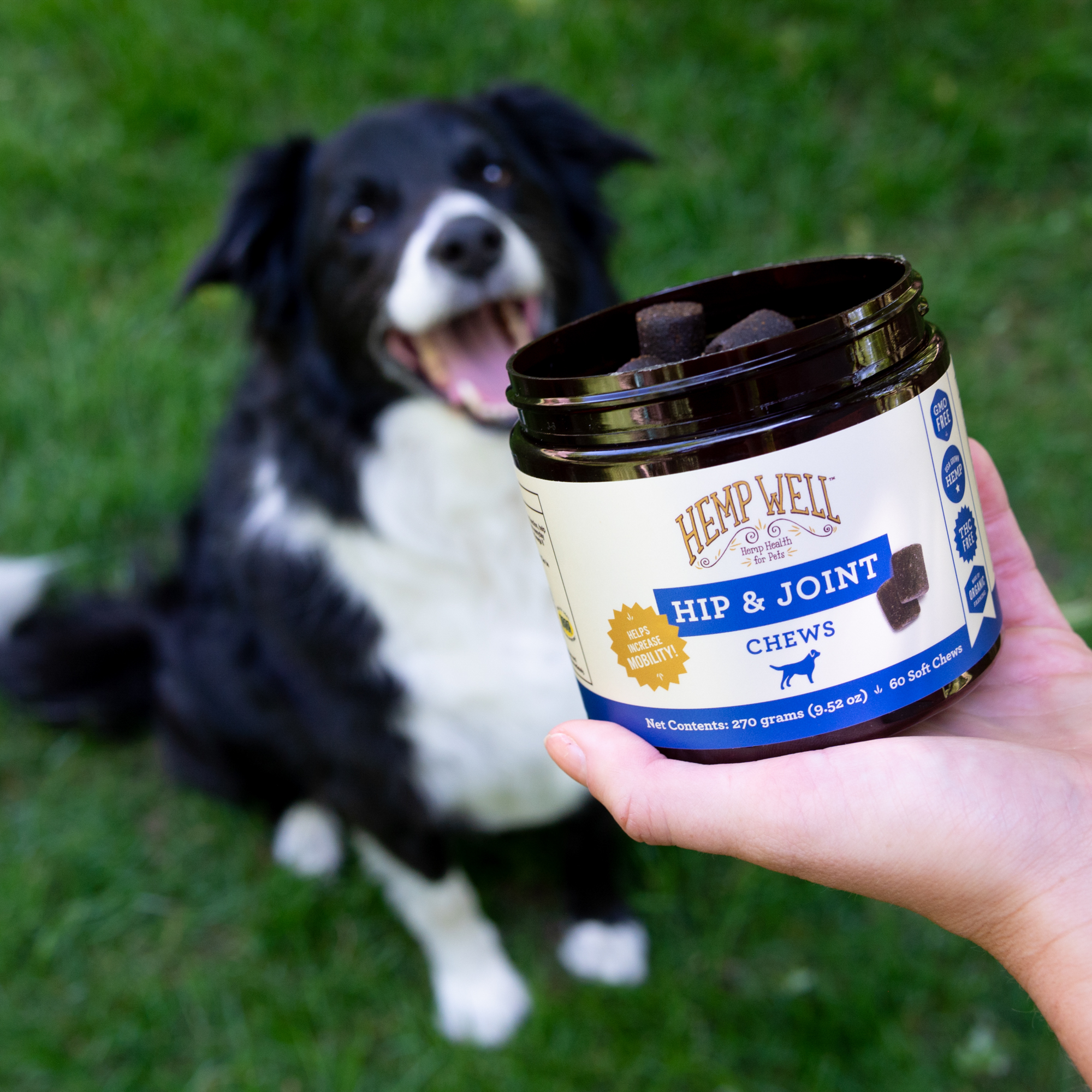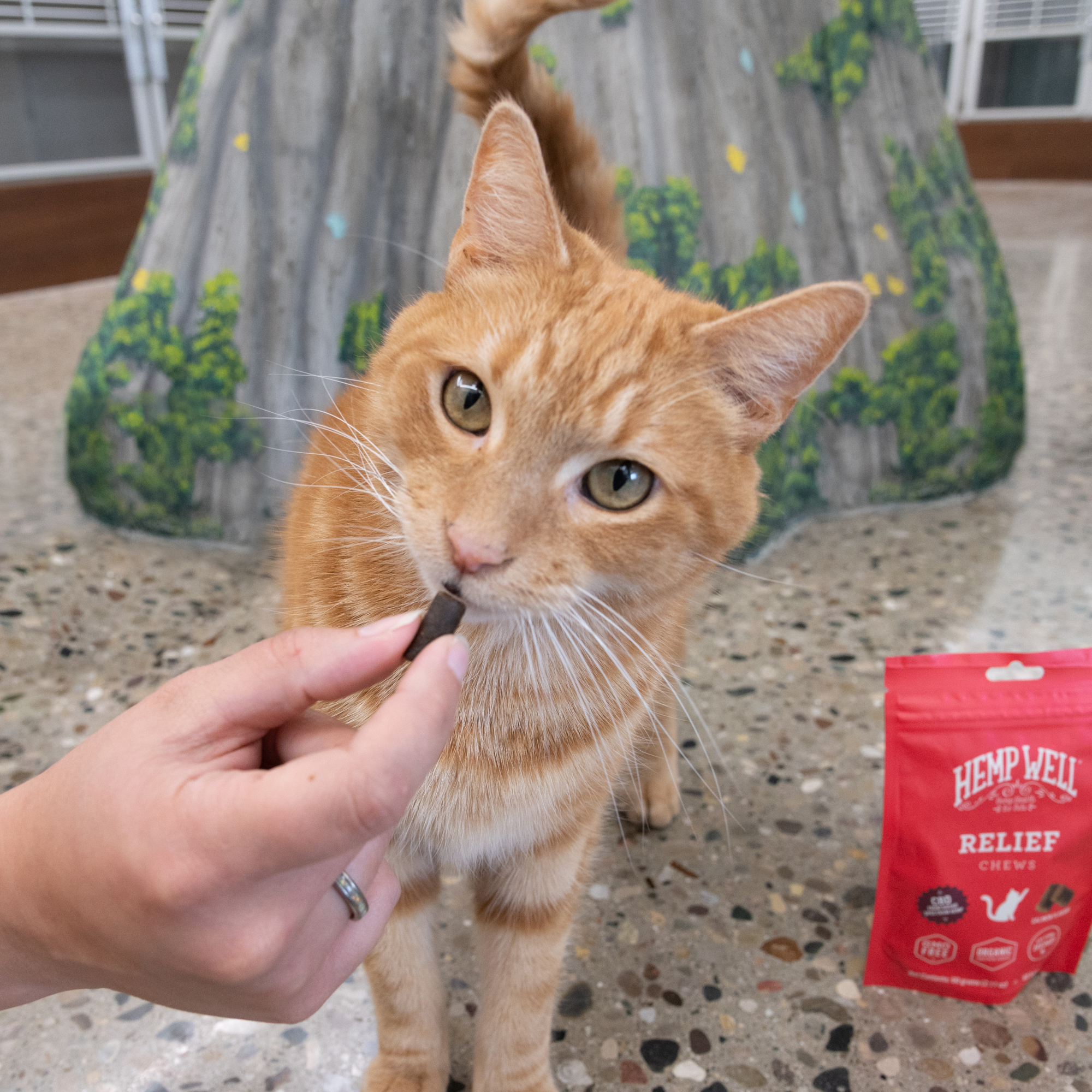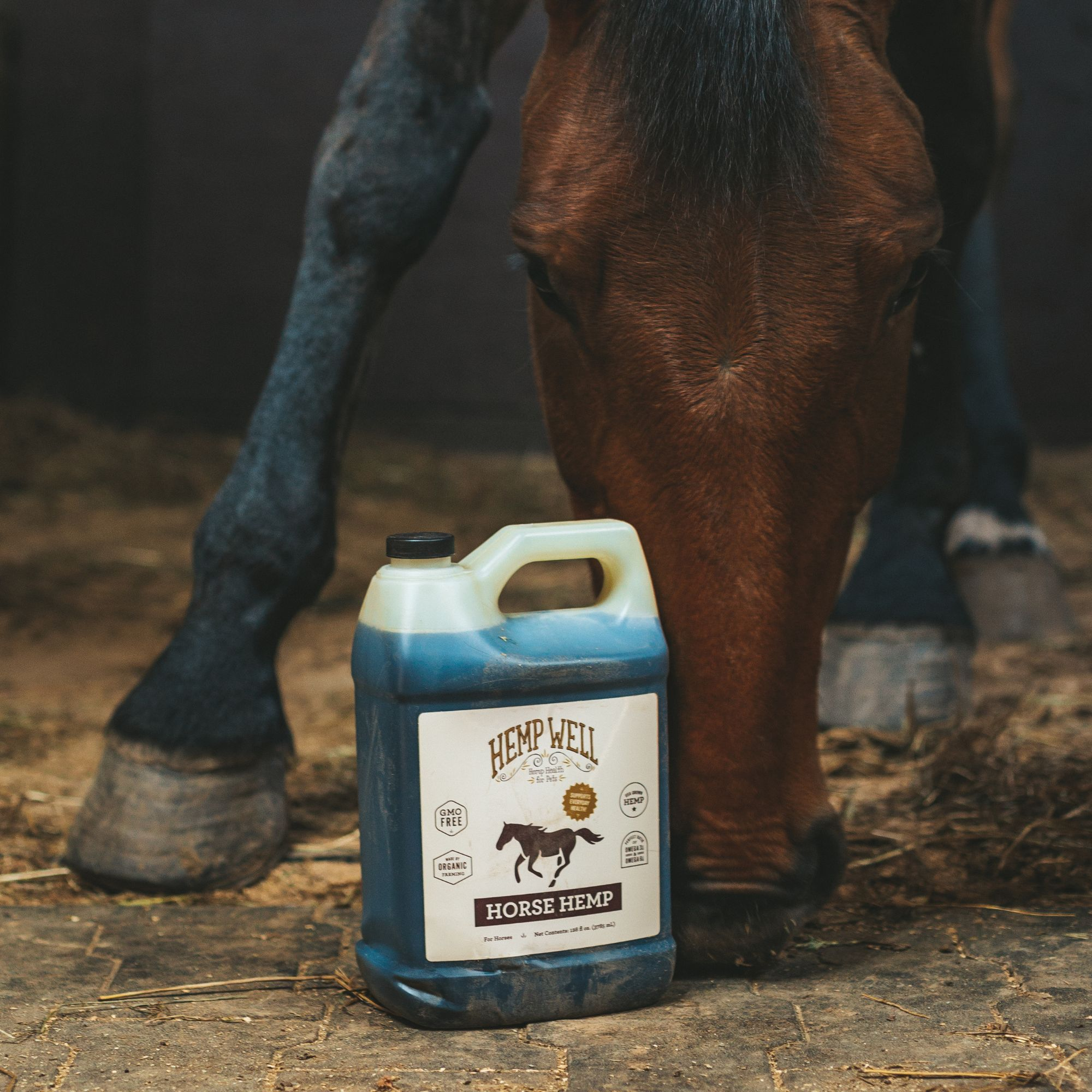Top 10 Signs Your Dog May Have Allergies
Dog Allergy Symptoms: How to Spot, Soothe, and Prevent Flare-Ups
Just like humans, dogs can suffer from allergies. Triggers may include food ingredients, environmental allergens (pollen, dust mites, mold), flea bites, or contact irritants. Recognizing the early signs of dog allergies helps you act fast, keep your pup comfortable, and work effectively with your veterinarian.
Common Signs of Dog Allergies
- Skin irritation & itching: Excessive scratching, chewing, or rubbing; red or inflamed skin; hot spots; hair loss. Persistent scratching can lead to secondary infections—see your vet if skin looks raw or oozy.
- Frequent ear issues: Head shaking, scratching, odor, debris, or recurrent ear infections—often linked to environmental or food allergens.
- Sneezing & runny nose: Seasonal pollen, dust, or mold exposure can cause sneezing, nasal discharge, coughing, or wheezing.
- Watery, red eyes (conjunctivitis): Excess tearing, redness, or discharge may indicate ocular irritation from allergens.
- Digestive upset: Food allergies or intolerances can show up as vomiting, diarrhea, gas, or abdominal discomfort. Work with your vet on elimination diets or testing.
- Hives or swelling (urgent): Raised welts or facial swelling require immediate veterinary care.
- Paw licking or chewing: Often tied to seasonal or contact allergens the dog has walked on, or to food sensitivities.
- Red or irritated skin patches: Rashes or hot spots—especially in areas the dog can scratch or chew.
- Behavior changes: Irritability, restlessness, or anxiety from chronic itch or discomfort.
How to Help Your Itchy Dog
- See your veterinarian: Rule out parasites, infections, or other conditions. Your vet may suggest skin or blood testing, diet trials, or targeted therapies.
- Reduce exposure: Rinse paws and belly after walks, bathe with a gentle hypoallergenic shampoo, wash bedding weekly, and use HEPA filtration.
- Support skin & immune health: Many pet parents use omega-rich nutrition and simple-ingredient supplements as part of a wellness plan. Explore Hemp Well Immunity Dog Chews for everyday immune support.
- Soothe seasonal discomfort: During high-pollen periods, keep windows closed and wipe down after outdoor play. Ask your vet about additional options if flare-ups persist.

Shop Hemp Well Immunity Dog Chews
When to Call the Vet
Contact your veterinarian promptly if you notice facial swelling, hives, breathing trouble, open sores, ear infections that don’t resolve, or GI signs that last more than a day. A tailored plan—potentially including allergen avoidance, diet changes, medications, or immunotherapy—can make a big difference in your dog’s comfort.
Dog Allergies: Frequently Asked Questions
What are the most common allergy symptoms in dogs?
Itching, red skin, paw licking, recurrent ear infections, sneezing/runny nose, watery eyes, and GI upset are common. Severe cases may show hives or facial swelling (seek immediate vet care).
How do I know if my dog has food vs. environmental allergies?
Food allergies can appear year-round and often include GI signs; environmental allergies are frequently seasonal and linked to pollen or dust. Your veterinarian may recommend elimination diets or testing to pinpoint triggers.
What helps an itchy dog right now?
Rinse paws/belly after walks, bathe with hypoallergenic shampoo, wash bedding, and minimize exposure to known triggers. Ask your vet about additional relief options tailored to your dog.
Can supplements support dogs with seasonal allergies?
Many owners include omega-rich and simple-ingredient supplements in their dog’s wellness plan. See Hemp Well Immunity Dog Chews. Always consult your veterinarian before adding supplements.








